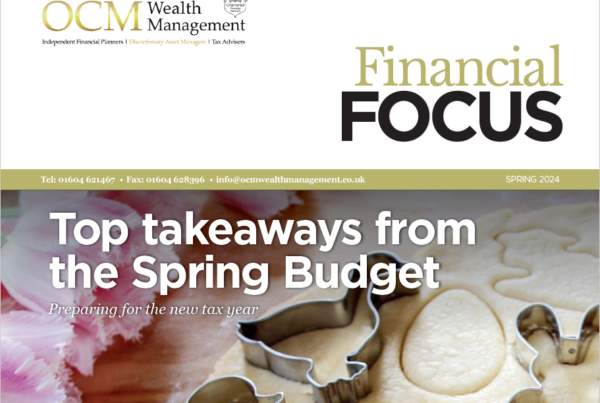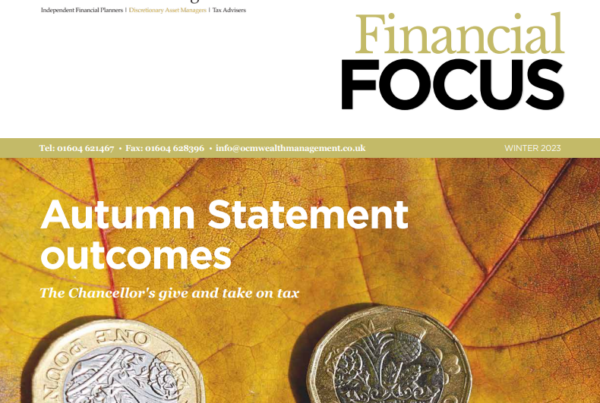Brexit Brinkmanship Dominates UK Assets as Negotiations Continue
This week, the war of words between the UK and the EU continued, with both sides playing the blame game, showing little prospect of reaching a deal in the coming weeks. While senior EU officials accuse Prime Minister Johnson of playing games, the UK says that the EU are making a deal ‘essentially impossible’ by not shifting its position on Northern Ireland. Tuesday’s talks between German Chancellor Angela Merkel and the Prime Minister highlighted the gulf between the two parties, adding to fear that the UK will leave the EU on October 31 without a deal. The Prime Minister will meet the Irish Taoiseach on Friday for further talks, and an emergency sitting of Parliament has been set for Saturday the 19th October following the European Council summit, however expectations remain low for any positive Brexit outcome. As it stands, it appears likely that there will be a further extension and a General Election, however as the deadline approaches, the risk of a no-deal Brexit is increasing. Amid the rising Brexit uncertainty, UK bonds and lower risk UK assets rallied over the week while equities sold off, with the portfolios benefitting due to their defensive positioning.
Ahead of the IMF’s annual meeting in Washington next week, newly appointed IMF Chief Kristalina Georgieva has warned of a “synchronised slowdown”, citing trade war uncertainty as a major headwind to global growth. She expressed concern about the global impact of the trade war and increasing protectionism, with the increasing risk of a Cold War-like situation between the US and China should a resolution not be reached in the near term. Negotiations resume this week, however expectations for a meaningful trade deal between the two sides remain low, and while a potential interim truce could postpone new tariffs, it is unlikely to provide a significant improvement to current economic conditions. The IMF will soon publish an update to its World Growth Outlook report, in which it is expected to revise down global growth forecasts. It last cut its forecasts in July, reducing 2019 and 2020 growth by 0.1% to 3.2% and 3.5% respectively.
For further information about the rise of protectionism and the risks this could entail, please see the attached Market Update document titled “The End of Globalisation?”
In the US, the impeachment inquiry gathered momentum over the week after a second whistle-blower came forward with evidence suggesting that the President pressured Ukraine’s leader Volodymyr Zelensky to investigate his leading rival for the 2020 election, Joe Biden. Donald Trump is refusing to co-operate with the inquiry, and the political uncertainty does not bode well for his negotiating position going into US-China talks, with Chinese negotiators likely to hold out for a potential change in leadership amid the continued impeachment drama. US Markets are likely to remain volatile over the week as investors look towards the Fed’s September meeting minutes later today for clues on the outlook for interest rates, and as any developments from US-China trade talks are released.
Key Events This Week:
- Wednesday: Fed September meeting minutes
- Thursday: ECB September meeting minutes, UK Industrial Production for August
- Friday: US Consumer Sentiment
For anyone who wants further data to substantiate the position please review the attached Global Economic News Document attached and the economic data set also attached.
Model Portfolios & Indices
Over the week, most global equity markets remained relatively flat, with rising downside risks in the global economy counteracting optimism over a US-China trade deal. Markets remained highly volatile over the week as recessionary concerns remain, with investors struggling to find further support as geopolitical risks remained high and the data continues to disappoint.
Safe haven assets such as gold remained relatively flat over the week as bonds gained, indicating that despite trade optimism, the risk-on sentiment observed in bond markets earlier this month was temporary as expected, with bond yields continuing to decline again over the week. It is clear that geopolitical tensions remain, and the economic data continues to illustrate weakness in the global economy, with risks now firmly tilted towards the downside. The OBI portfolios remain defensively positioned with limited equity exposure and a downward tilt which seeks to benefit when equities decline, and our portfolios remain well positioned given current conditions. The portfolios gained over the week as the bond exposure performed strongly while the inverse equity exposure gained strongly earlier in the week.
As we progress from here, it is important to recognise that we should not let benchmark performance make us feel like we have missed out on anything, because although we have in the short term, recent performance shows how quickly this can be reversed given current levels of risk and uncertainty. It should also be noted that the benchmark data is not yet reflecting yesterday’s decline due to a system time lag.
Overall, it is our view that equity markets will continue to decline before adjusting to the new norm based on lower global growth and weaker corporate profitability. The key point here is to take a long-term view, look at the current level of uncertainty in the global economy, and remember that the portfolio is designed to minimise your exposure to risk and preserve capital. Markets are behaving irrationally, therefore the most sensible strategy is a defensive one given current market conditions.
Important Information
The data above will not directly correlate to the indices as there is always a delay in pricing because the US markets close significantly later than the European markets and the Asian markets. The data set above reflects the last close and much of the days movements will not yet be reflected in the portfolios due to pricing delays. You cannot therefore directly correlate indices to the portfolios. The value of investments may fluctuate in price or value and you may get back less than the amount originally invested.
Past performance is not a guarantee of future performance. Performance figures quoted include the fund manager charges but exclude other fees such as adviser, custodian, switch and/or discretionary investment management fees. Unless otherwise instructed and accrued, income is reinvested into the portfolio.
This Day in History
On this day in 1986, “Phantom of the Opera” premiered in London, written by Andrew Lloyd Webber and starring Michael Crawford and Sarah Brightman. With total estimated worldwide gross receipts of over $5.6 billion, Phantom was the most financially successful entertainment event until The Lion King surpassed it in 2014. By 2011, it had been seen by over 130 million people in 145 cities across 27 countries.
Have a great week,
Jason & Gina



